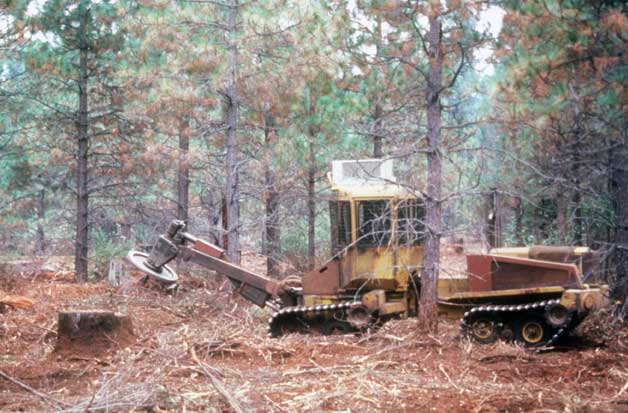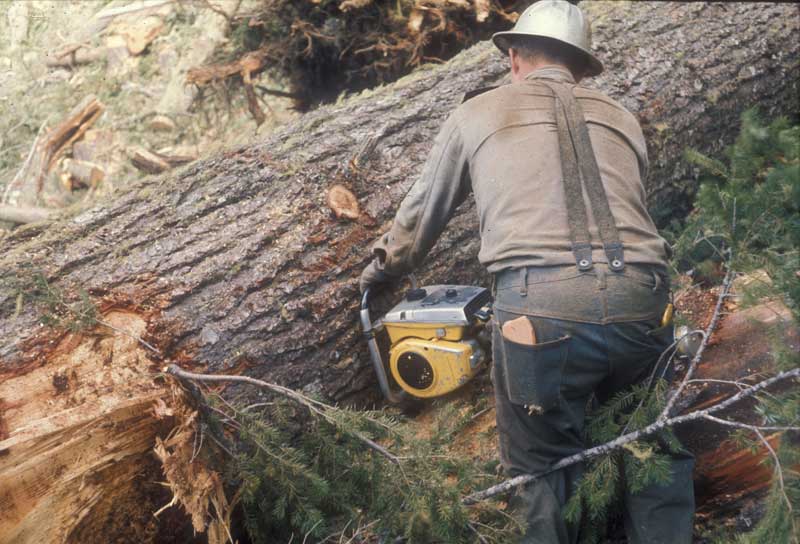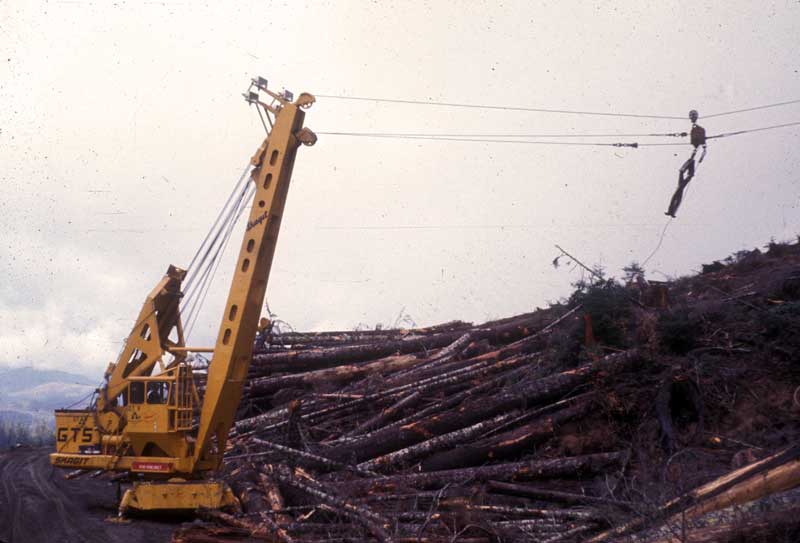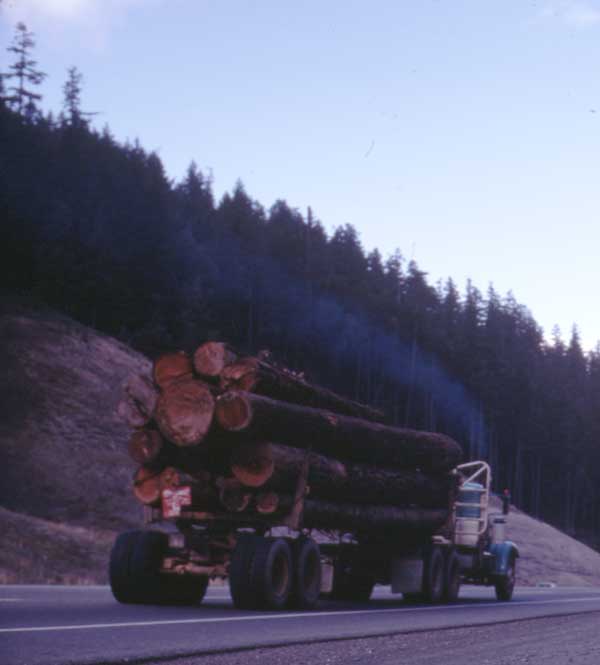In some cases, an employer may not carry worker's compensation insurance, you can still recover under Oregon's Employer Liability Law.
And while worker's compensation claims usually protect the employer with immunity, if there is a violation of an OSHA standard, the Employer Liability Law may nullify this and deem the employer as non-complying employer, and you may use the Employer Liability Law to recover any loss and harm or injury you suffered.
These types of cases are complicated, but having an Oregon lawyer familiar with the logging industry, third party worker's comp claims, and Oregon's Employer Liability Law, will help protect your rights by identifying any party that was negligent or contributed negligence to the logging accident that harmed you.
The Employer Liability Law sets a high standard for work place safety in Oregon and goes beyond what a worker's compensation claim can do for an injured worker like being able to recover for your pain and suffering, loss of mobility and non economic damages, in addition to medical costs and lost wages.
654.305 Protection and safety of persons in hazardous employment generally. Generally, all owners, contractors or subcontractors and other persons having charge of, or responsibility for, any work involving a risk or danger to the employees or the public shall use every device, care and precaution that is practicable to use for the protection and safety of life and limb, limited only by the necessity for preserving the efficiency of the structure, machine or other apparatus or device, and without regard to the additional cost of suitable material or safety appliance and devices.
654.310 Places of employment; compliance with applicable orders, rules. All owners, contractors, subcontractors, or persons whatsoever, engaged in the construction, repairing, alteration, removal or painting of any building, bridge, viaduct or other structure, or in the erection or operation of any machinery, or in the manufacture, transmission and use of electricity, or in the manufacture or use of any dangerous appliance or substance, shall see that all places of employment are in compliance with every applicable order, decision, direction, standard, rule or regulation made or prescribed by the Department of Consumer and Business Services ...
654.315 Persons in charge of work to see that ORS 654.305 to 654.336 are complied with. The owners, contractors, subcontractors, foremen, architects or other persons having charge of the particular work, shall see that the requirements of ORS 654.305 to 654.336 are complied with.
654.320 Who considered agent of owner. The manager, superintendent, foreman or other person in charge or control of all or part of the construction, works or operation shall be held to be the agent of the employer in all suits for damages for death or injury suffered by an employee.
654.325 Who may prosecute damage action for death; damages unlimited. If there is any loss of life by reason of violations of ORS 654.305 to 654.336 by any owner, contractor or subcontractor or any person liable under ORS 654.305 to 654.336, the surviving spouse and children and adopted children of the person so killed and, if none, then the lineal heirs of that person and, if none, then the mother or father, as the case may be, shall have a right of action without any limit as to the amount of damages which may be awarded. If none of the persons entitled to maintain such action reside within the state, the executor or administrator of the deceased person may maintain such action for their respective benefits and in the order above named.
654.330 Fellow servant negligence as defense. In all actions brought to recover from an employer for injuries suffered by an employee, the negligence of a fellow servant shall not be a defense where the injury was caused or contributed to by any of the following causes:
(1) Any defect in the structure, materials, works, plant or machinery of which the employer or the agent of the employer could have had knowledge by the exercise of ordinary care.
(2) The neglect of any person engaged as superintendent, manager, foreman or other person in charge or control of the works, plant, machinery or appliances.
(3) The incompetence or negligence of any person in charge of, or directing the particular work in which the employee was engaged at the time of the injury or death.
(4) The incompetence or negligence of any person to whose orders the employee was bound to conform and did conform and by reason of having conformed thereto the injury or death resulted.
(5) The act of any fellow servant done in obedience to the rules, instructions or orders given by the employer or any other person who has authority to direct the doing of said act.
654.336 Comparative negligence. The provisions of ORS 31.600 to 31.620 apply to an action under ORS 654.305 to 654.336. [2001 c.865 §17]
 Teton Offshorefishing
Teton Offshorefishing








